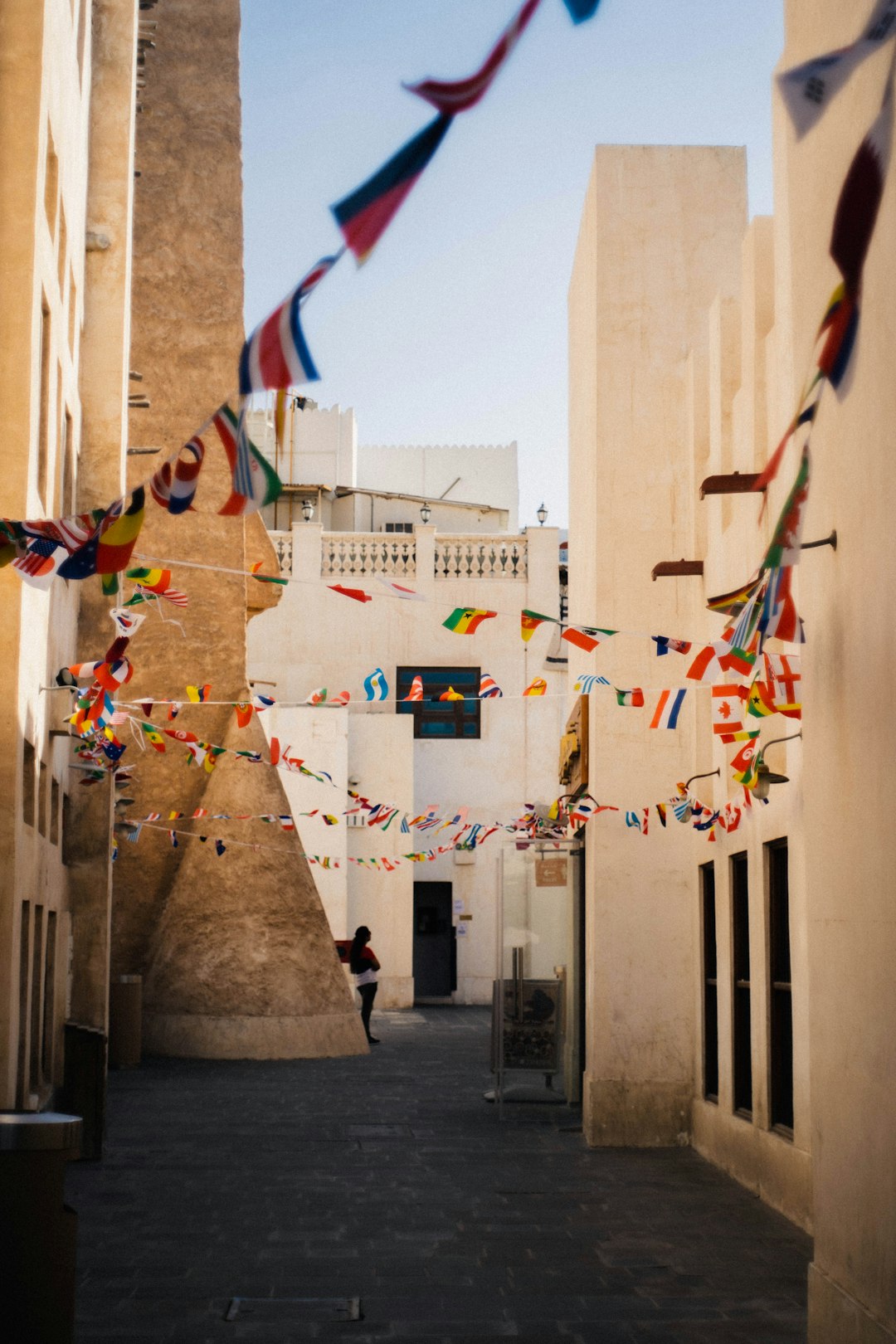
The image of Messi in a bisht was the perfect ending to this strange, awkward and more than occasionally brilliant tournament. Considered an honour to be granted in Qatar, the wearing of the robe was meant to be thought of as such, those in the Arab world would, and are, saying.
In the West, the message was, and is, much different. There, it was a final stamp of sportswashing by a host that should never have been and who never managed to live up to the promises of inclusion that were made back in 2013, when this tournament was awarded.
Two solitudes of thought and two very different experiences of the tournament.
What is the truth of the moment? Is there a single truth? Can’t it be both an honour and an undeniable stamp on the moment by the hosts?
The West has been much quicker to cast doubt on this tournament than it had been four years earlier when a true sociopath in Vladimir Putin was front and centre.
One cannot say with certainty what the difference there is, but it is easy to develop theories, isn’t it?
Regardless, the frustrations that have developed over this moment are an emblematic of the sport as a whole. The idea of football as a unifier has always been a bit of questionable — the whole idea behind sport is to put two parties into direct conflict, after all — but it’s been blown up over the last month.
The perception of this World Cup is different in the West than it is in South America, where the issues of human and worker’s rights have been met with a shrug, if thought about at all. And, it’s certainly much different than what is felt in the Arab world, which clearly viewed this World Cup as theirs. The passion we saw in the stands during games involving teams from the region was undeniable.
We don’t need to rehash what was felt in the West. The lack of huge European support was obvious throughout. To take just one example, the stands were not orange when the Netherlands played. They are normally always orange when the Netherlands play.
There were definitely legitimate concerns about Qatar and their treatment of workers, women and LGBTQ+ persons. All of those who expressed those concerns were right to do so. However, when the entire focus is on those issues — and that focus is entirely through a Western Gaze, without the inclusion of Arab or Muslin voices — we run the risk of tipping into some problematic thinking ourselves.
In the end, it’s fair to have ambivalent thoughts about Qatar 2022. In fact, it’s healthy to have those thoughts, just as we should have for Russia 2018, the Beijing 2022 Olympics and, if we are being honest with ourselves, Canada-Mexico-USA 2026.
There are no Nation States that are capable of hosting a World Cup or Olympics that don’t have some blood on their hands. I think in the end, I still default to the idea that it is better to be inclusive than to be exclusive and that we can’t have a dialogue about issues — any issues — unless we allow ourselves to have them.
In fact, sportswashing loses its value when we have those conversations. It’s when we make things black and white that we allow the us vs them narratives to develop and for images like Messi in a bisht to be weaponised.
So, let’s instead accept that sometimes a man in a bisht is just a man in a bisht and that nothing good has ever come from exclusion.
This space is supported by Patreon. Tips of $2 a month or more are appreciated.
Thank you for reading during the World Cup. Expect lots of MLS, CanPL and Canadian national teams’ coverage here in the days ahead, along with a Canadian view of the soccer world in general.
